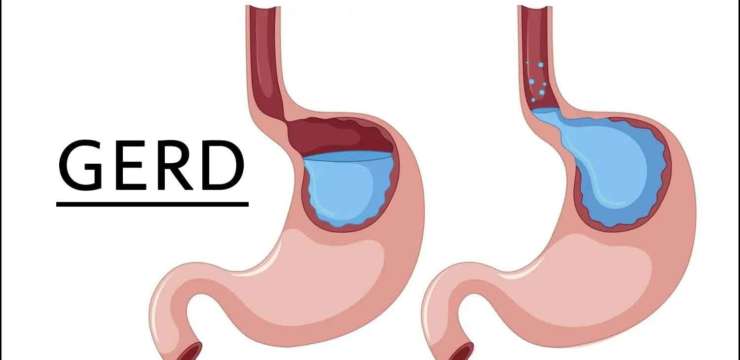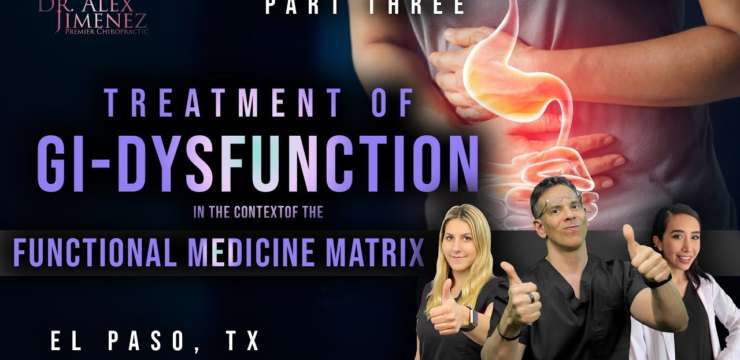
Exercise has been proven to help many medical conditions and reduce inflammation. However, those who are high risk do not usually feel comfortable exercising. Treating disease and developing a program for long-term health is the overall goal with exercise prescriptions. To begin, all patients must undergo an assessment of physical capabilities as well as physiological. The hard push of exercise is not something all patients are mentally ready to tolerate.Â
Table of Contents
Identifying Patients Psychological Predisposition for Exercise
The following are specific phrases a patient may use during a screening indicating they are not ready for exercise:
- I don’t know if I can find the time
- I get bored easilyÂ
- Family obligations may make it difficult to exerciseÂ
- The exercise setting available to me does not meet my needs
- I am only doing this for my healthÂ
- Work demands make it difficult to exerciseÂ
- I feel intimidated or embarrassed in an exercise settingÂ
Classifications
Once the initial assessment is finished, the patients are classified into three groups.
Level 1: Very obese/Diabetic/ Vardiovasuclar Concerns/ Significantly De-Conditioned/ Very Limited MobilityÂ
Level 2: Overweight/ Diabetic/ Cardiovascular Concerns/ De-Conditioned/ MobileÂ
Level 3: Overweight/ Pre-Diabetic/ ActiveÂ
At the beginning of a program, the distinct goals and areas of focus are improved athletic performance and health. While keeping these the center of attention, patients are more likely to comply and continue with their exercise regime.
Exercising Large Muscle BenefitsÂ
Exercise in general has a vast list of benefits. However, when considering the high-risk population, one of the most important benefits is the glycemic factor and the muscle changes in the body. With many high-risk patients, their metabolism is not optimally functioning. By working for the largest muscle groups in the body, the endocrine system starts being challenged and handing blood glucose more effectively.Â
For those who are trained and used to exercise, utilizing the small muscles may be beneficial. On the other hand, those who fall into one of these three categories, exercising the small muscle groups does not provide large beneficial effects on the cardiovascular system nor does it stimulate the nervous system. Exercising large muscle groups improves overall HbA1C as well as the increase of protein synthesis post-exercise. This utilizes more active tissues and results in more sugars being shuttled out. We use a cardiovascular assessment from Genova diagnostics to assess overall cardiovascular health. A sample is shown below:Â
Take-AwaysÂ
Each protocol that is created is patient specific. This will result in optimal patient compliance, leading to the best results. The first month of the journey should always be about enjoyment and feeling accomplished. Patients who enjoy the first month are more willing to continue, thus seeing the optimal benefits. Additionally, patients should be encouraged to stay away from the scale in the first month. After the first month is over and the program continues, patients may begin to minimally weigh themselves to use the number as a benchmark factor to measure further progress.Â
To get started, take this metabolic questionnaire below:Â
I firmly believe that exercise benefits nearly every single individual. Exercise is highly important not only from a cardiovascular standpoint but from the musculoskeletal standpoint as well. Exercise helps to increase bone health and strength while reducing inflammation! It does not have to be much, but even two days a week of 15-30 minute exercise will improve overall health. -Kenna Vaughn, Senior Health CoachÂ
References:
Bramos, Rick. “New Perspectives on Clinical Exercise (What Works) .†Functional Medicine University. 2020.
The scope of our information is limited to chiropractic, musculoskeletal, physical medicines, wellness, and sensitive health issues and/or functional medicine articles, topics, and discussions. We use functional health & wellness protocols to treat and support care for injuries or disorders of the musculoskeletal system. Our posts, topics, subjects and insights cover clinical matters, issues, and topics that relate and support directly or indirectly our clinical scope of practice.* Our office has made a reasonable attempt to provide supportive citations and has identified the relevant research study or studies supporting our posts. We also make copies of supporting research studies available to the board and or the public upon request. We understand that we cover matters that require additional explanation as how it may assist in a particular care plan or treatment protocol; therefore, to further discuss the subject matter above, please feel free to ask Dr. Alex Jimenez or contact us at 915-850-0900 <tel:9158500900>. The provider(s) Licensed in Texas& New Mexico
Disclaimers
Professional Scope of Practice *
The information herein on "Exercise Prescriptions for High Risk Individuals" is not intended to replace a one-on-one relationship with a qualified health care professional or licensed physician and is not medical advice. We encourage you to make healthcare decisions based on your research and partnership with a qualified healthcare professional.
Blog Information & Scope Discussions
Welcome to El Paso's wellness blog, where Dr. Alex Jimenez, DC, FNP-C, a board-certified Family Practice Nurse Practitioner (FNP-C) and Chiropractor (DC), presents insights on how our team is dedicated to holistic healing and personalized care. Our practice aligns with evidence-based treatment protocols inspired by integrative medicine principles, similar to those found on dralexjimenez.com, focusing on restoring health naturally for patients of all ages.
Our areas of chiropractic practice include Wellness & Nutrition, Chronic Pain, Personal Injury, Auto Accident Care, Work Injuries, Back Injury, Low Back Pain, Neck Pain, Migraine Headaches, Sports Injuries, Severe Sciatica, Scoliosis, Complex Herniated Discs, Fibromyalgia, Chronic Pain, Complex Injuries, Stress Management, Functional Medicine Treatments, and in-scope care protocols.
Our information scope is limited to chiropractic, musculoskeletal, physical medicine, wellness, contributing etiological viscerosomatic disturbances within clinical presentations, associated somato-visceral reflex clinical dynamics, subluxation complexes, sensitive health issues, and functional medicine articles, topics, and discussions.
We provide and present clinical collaboration with specialists from various disciplines. Each specialist is governed by their professional scope of practice and their jurisdiction of licensure. We use functional health & wellness protocols to treat and support care for the injuries or disorders of the musculoskeletal system.
Our videos, posts, topics, subjects, and insights cover clinical matters, issues, and topics that relate to and directly or indirectly support our clinical scope of practice.*
Our office has reasonably attempted to provide supportive citations and has identified the relevant research studies or studies supporting our posts. We provide copies of supporting research studies available to regulatory boards and the public upon request.
We understand that we cover matters that require an additional explanation of how they may assist in a particular care plan or treatment protocol; therefore, to discuss the subject matter above further, please feel free to ask Dr. Alex Jimenez, DC, APRN, FNP-BC, or contact us at 915-850-0900.
We are here to help you and your family.
Blessings
Dr. Alex Jimenez DC, MSACP, APRN, FNP-BC*, CCST, IFMCP, CFMP, ATN
email: coach@elpasofunctionalmedicine.com
Licensed as a Doctor of Chiropractic (DC) in Texas & New Mexico*
Texas DC License # TX5807
New Mexico DC License # NM-DC2182
Licensed as a Registered Nurse (RN*) in Texas & Multistate
Texas RN License # 1191402
ANCC FNP-BC: Board Certified Nurse Practitioner*
Compact Status: Multi-State License: Authorized to Practice in 40 States*
Graduate with Honors: ICHS: MSN-FNP (Family Nurse Practitioner Program)
Degree Granted. Master's in Family Practice MSN Diploma (Cum Laude)
Dr. Alex Jimenez, DC, APRN, FNP-BC*, CFMP, IFMCP, ATN, CCST
My Digital Business Card






